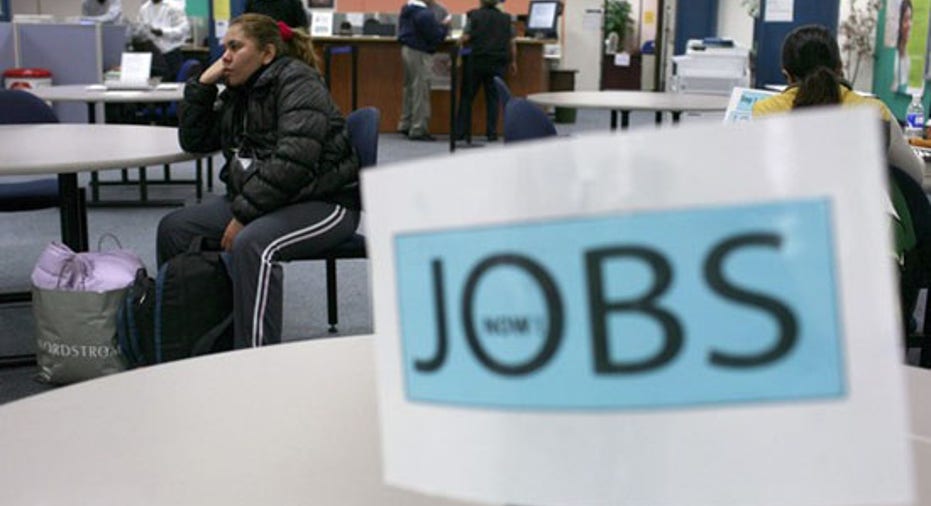New Study Argues Long-Term Unemployed Don’t Put Much Pressure on Overall Jobs Market

The long-term unemployed, according to a new study, exert relatively little pressure on the overall economy and have a different effect on the macro economy than the short-term unemployed. This “unlucky subset of the unemployed”, it said, will more likely not find a job than find one.
The new research, titled “Are the Long-Term Unemployed on the Margins of the Labor Market?,” authored by Princeton University economists Alan Krueger, Judd Cramer and David Cho, suggests that people out of work six months or more are in a hapless situation that has little hope of changing course.
“Our findings suggest that the long-term unemployed will continue to encounter difficulty finding employment even if the unemployment rate continues to fall, although a stronger economy would undoubtedly raise the prospects of the long-term unemployed,” the study said.
The paper uses data from the Current Population Survey to track the movements of the long-term unemployed over a 16-month period. The findings were not good: Only about 11% of the long-term jobless found steady employment a year later, according to data from 2008 to 2012 -- and reemployment does not fully reset the clock.
“In 2013, just under 10 percent of those who had been unemployed for more than a year transitioned into employment in the average month,” the study said. However, “this rate might overstate how well the long-term unemployed are faring due to measurement error and the fact that the long-term unemployed are more likely to take low-paying, part-time jobs and temporary jobs.”
In the paper, Krueger, the former chairman of President Obama’s Council of Economic Advisors, said there needs to be a concerted effort “to raise the employment prospects of the long-term unemployed, especially as they are likely to withdraw from the job market at an increasing rate if they follow the same path as in the previous recovery.”
Though it has declined, the long-term unemployment rate in the U.S. at such high levels is somewhat of a phenomenon. The paper pointed out that it exceeds the previous peak, reached in the aftermath of the 1981-1982 recession -- and is well above its average in the last recovery.
The authors found that long-term joblessness is spread across all sectors of the economy, with blue collar workers (28%) and those previously working in sales and services (36%), hit the hardest.
It seems, the demand-side and supply-side effects of long-term unemployment can be viewed as “complementary” for those out of work longer than six months.
“On the supply side, they grow discouraged and search for a job less intensively or because, on the demand side, employers discriminate against the long-term unemployed, based on the (rational or irrational) expectation that there is a productivity-related reason that accounts for their long jobless spell,” the new paper said.
The discouragingly cyclical nature of the problem, the study said, makes sense.
The discrimination against the long-term unemployed could lead to “discouragement, and skill erosion that accompanies long-term unemployment could induce employers to discriminate against the long-term unemployed,” said the study.
The new research pointed out that while assisting unemployed workers to transition to expanding sectors of the economy, such as health care, professional and business services, and management would be logical, it is a “major challenge” because of discrimination and the fact that most often, jobless people find employment in the fields they know best, not the sectors that need workers the most.



















